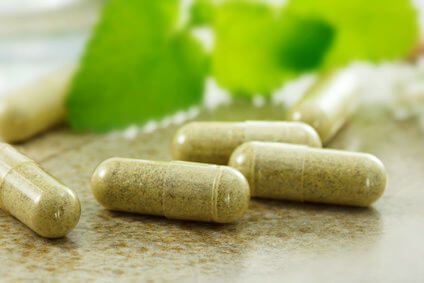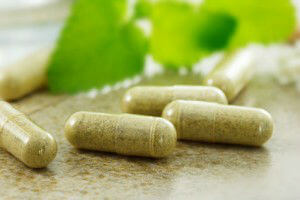
Many health-conscious individuals opt to avoid pharmaceuticals. Instead, they choose what they believe to be the healthier option, the herbal supplement. However a recent study from the University of Guelph indicates that you may be getting more bang for your buck with certain supplements – and not in a good way.
When researchers analyzed 44 samples of herbal products distributed by 12 different companies, only two companies produced products that were free from fillers or contaminants. The other samples included fillers not listed on the label, contamination from other plant products not listed on the label and product substitution.
Approximately 60 percent of the products tested were contaminated with other herbal products that were not listed on the label. And while more can sometimes be better, in this case it can be downright dangerous.
“We found contamination in several products with plants that have known toxicity, side effects and/or negatively interact with other herbs, supplements and medications,” said lead author Steven Newmaster, an integrative biology professor and botanical director of the Guelph-based Biodiversity Institute of Ontario.
Senna alexandrina was one such contaminant found in a sample St. John’s wort. Known for its laxative properties, Senna alexandrina is not intended for prolonged use and can lead to liver damage, chronic diarrhea and negatively interacts with colon immune system cells.
Even more dangerous was the presence of Juglans nigra or black walnut, found in a sample of a ginkgo product. This can have fatal consequences for those with nut allergies. And a number of products contained Parthenium hysterophorus or feverfew, which can react with certain medications and has been known to cause oral ulcers, nausea and swelling and numbness in the mouth. Yet in no instances were any of these extra herbs listed on the label, probably since they weren’t meant to be there in the first place.
Herbal supplements aren’t regulated by the FDA in the same manner as food or other medications are. In fact, manufacturers do not even have to seek FDA approval before placing their product on store shelves, and in many cases, the labels aren’t even accurate.
The study also found a number of fillers in the product that were left out of the label. Twenty percent of the products included the additives soy, wheat and rice. For those with allergies, this can pose a serious threat.
 Dishonest labeling and misrepresentation is nothing new in the herbal supplement industry. In a series of Consumerlab.com tests performed on ginko supplements over the years, a number of products tested contained a far lower concentration of the herb than what was listed on the label. In fact ginkgo was considered by the lab to “be among the most adulterated herbs.”
Dishonest labeling and misrepresentation is nothing new in the herbal supplement industry. In a series of Consumerlab.com tests performed on ginko supplements over the years, a number of products tested contained a far lower concentration of the herb than what was listed on the label. In fact ginkgo was considered by the lab to “be among the most adulterated herbs.”
Until standards are set to regulate herbal supplements and labeling, it’s important to talk to your doctor before you begin the use of any supplements as some can interact with current medications. You should also avoid products from China, India and Mexico as these have had higher incidences of contamination. And check the labels, some organic products specifically state that products are wheat, dairy and soy-free.
-The Alternative Daily
Sources:
http://www.uoguelph.ca/news/2013/10/study_herbal_pr.html
http://www.huffingtonpost.com/2009/06/10/many-natural-supplements-_n_213670.html
http://www.nytimes.com/2010/05/26/health/policy/26herbal.html?_r=0
http://www.mayoclinic.com/health/herbal-supplements/SA00044/NSECTIONGROUP=2
http://www.eurekalert.org/pub_releases/2013-10/uog-shp100813.php

